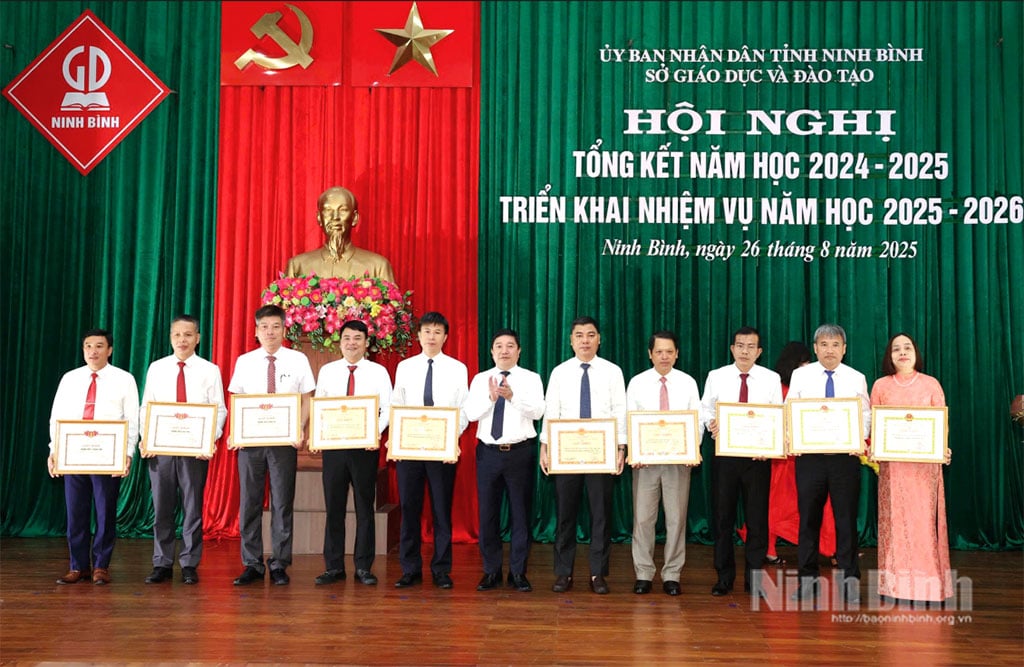
Solid foundation
Thoroughly implementing the Central Government's directives and the province's strategic orientations, the Education sector has identified the overarching goal of fundamental and comprehensive education reform; improving the quality of human resources; meeting development requirements in the new situation. On that basis, the school network is reviewed, planned and invested synchronously, aiming for harmonious and sustainable development.
Currently, the province has 1,607 educational institutions at all levels of preschool, general education, continuing education centers and vocational education - continuing education; including 1,570 public schools, 37 non-public schools and 459 licensed private independent nursery groups and kindergartens. The large network with 28,746 classes, 949,012 students and 417 community learning centers in communes and wards basically meets the learning needs of the people in the context of population growth and increasing educational demands.
Facilities continue to be a bright spot. By September 2025, the whole province will have 27,263 classrooms, of which the proportion of solid classrooms will reach 98.73%, with only 347 semi-solid classrooms remaining; at the same time, there will be 7,538 subject classrooms, contributing to the standardization and modernization of teaching and learning conditions. The work of building national standard schools has also achieved remarkable results with 1,487/1,543 public schools meeting standards, equivalent to 96%, creating an important foundation for improving the quality of comprehensive education.
Along with that, the team of teachers and educational managers are cared for and developed in both quantity and quality. The whole sector currently has 58,260 cadres, teachers and employees, of which 3,983 are managers, 46,188 are teachers and 8,089 are employees. The rate of meeting and exceeding the standard is maintained at a very high level: preschool 99.3%; primary school 90.5%; secondary school 96.2%; high school and continuing education 100%. The whole sector has 10 doctors, 1,796 masters, 41,966 university bachelors, directly contributing to improving the quality of training in the province.
The socialization of education continues to be promoted, creating more resources to support the education network. In the 2019-2025 period, the province attracted 11 investment projects in non-public educational facilities with a total capital of 885 billion VND. The Dinh Bo Linh and Luong The Vinh education and talent promotion funds operated effectively, with the total balance by September 2025 reaching 73.7 billion VND, becoming an important source of encouragement for students, teachers and the education promotion movement in the whole province.
Propaganda work has been widely deployed. The Department of Education and Training has proactively coordinated with media agencies, thereby creating unity in awareness and action among teachers, learners and the whole society. The Department has drafted the Provincial Party Committee's Action Program to implement Resolution 71-NQ/TW of the Politburo on breakthroughs in education and training development, and at the same time, thoroughly instructed cadres, teachers and employees in the whole sector to make efforts to implement it in a practical and effective manner.
The emulation movements "Teach well, learn well", "Build schools that meet national standards", "Friendly schools, active students", "Green - clean - beautiful - safe schools and classes" ... have been widely deployed, closely linked with the campaigns "Discipline, love, responsibility", "All for a peaceful school - for beloved students", "Each teacher is an example of morality, self-study and creativity". Thanks to that, the quality of education has been maintained stably and firmly, maintaining the achievement of 25 consecutive years in the leading group in the country. The average score of the 2025 high school graduation exam of Ninh Binh ranked 3rd out of 34 provinces and cities nationwide; the quality of foreign language teaching and learning has made new progress; the system of universities, colleges and vocational colleges has been consolidated, continuing to be arranged in a direction more suitable to social needs.
The movement to encourage learning and talent has developed strongly; the socialization of education has been promoted, contributing to the creation of a comprehensive and modern educational environment. The network of educational institutions has been gradually planned scientifically; facilities and teaching equipment have been invested in a synchronous manner; the team of managers and teachers has constantly matured in terms of expertise and professional qualities. Comprehensive education and key education have maintained high results, being among the top in the country for many years.
In particular, the key educational work has been marked by many outstanding achievements in both national and international arenas. Specialized high schools: Le Hong Phong, Luong Van Tuy, Bien Hoa; Hai Hau A High School, Ly Nhan High School... continue to be bright spots with many students winning high prizes, contributing to building the brand for education in the province.
Key solutions for sustainable educational development
Comrade Nguyen Tien Dung, Provincial Party Committee member, Director of the Department of Education and Training, said: “Entering the 2025-2030 term, the Resolution of the 1st Provincial Party Congress identified education and training development as one of the strategic breakthroughs with the goal that by 2030, the rate of public schools meeting national standards at preschool level will reach 96%; primary school (level 2) will reach 82% or more; junior high school and high school will reach 100%. The whole sector focuses on three breakthroughs: Building a lean, high-quality teaching staff; modernizing facilities; promoting digital transformation and applying artificial intelligence in management and teaching; and at the same time mobilizing the strength of the entire political system to develop sustainable education”.
The goal by 2030 focuses on expanding equal access opportunities for learners, improving the quality of preschool and general education, completing universal preschool for 3-5 year olds and compulsory education after secondary school. The province strives for 85% of people of the right age to complete high school or equivalent; 100% of classrooms to be solidified; 100% of universities and at least 80% of vocational training facilities to meet national standards.
To achieve that goal, the education sector synchronously deploys 8 groups of key tasks and solutions, emphasizing innovation in thinking, mechanisms and policies; removing bottlenecks; streamlining the apparatus to be lean and effective; building a mechanism to attract talent; prioritizing land funds and increasing investment in modern, solid and standardized infrastructure.
Comprehensive education is identified as the center of the innovation process; focusing on moral education, life skills, life values; enhancing school psychological counseling; improving the quality of physical education and school nutrition; ensuring school safety. Continuing to promote the deployment of technology, digital transformation and artificial intelligence in management and teaching; building a nationwide connection database; forming models of "digital schools" and "smart classrooms".
Developing the teaching staff continues to be a key task. The province has implemented a project to build public housing for teachers in remote areas; invested in STEM/STEAM classrooms; and strived to provide free textbooks to students across the province by 2030. Vocational education has been innovated in a streamlined and effective direction, expanding vocational training for ethnic minorities to meet the demand for high-quality human resources.
At the university level, Hoa Lu University is oriented to become a key educational institution of the province; Nam Cao University continues to be invested in and completed, aiming to become a center for training high-quality human resources in the region. The industry also promotes international cooperation, expands training links, and attracts international experts and students to study and research in Ninh Binh.
With the close leadership of the Provincial Party Committee, People's Council, and Provincial People's Committee; the proactive and creative spirit of the Education sector and the support of the whole society, Ninh Binh education is entering a new, comprehensive and sustainable development phase. Synchronizing solutions, closely following the Resolution of the 1st Provincial Party Congress and Resolution No. 71-NQ/TW of the Politburo, Ninh Binh Education sector is confident in successfully completing its tasks in the new situation, contributing to building an increasingly prosperous and civilized homeland.
Source: https://ninhbinh.gov.vn/van-hoa-xa-hoi/dong-bo-giai-phap-nang-cao-chat-luong-giao-duc-toan-dien-trong-tinh-hinh-moi-359524


![[Photo] General Secretary To Lam receives President of the Senate of the Czech Republic Milos Vystrcil](/_next/image?url=https%3A%2F%2Fvphoto.vietnam.vn%2Fthumb%2F1200x675%2Fvietnam%2Fresource%2FIMAGE%2F2025%2F11%2F21%2F1763723946294_ndo_br_1-8401-jpg.webp&w=3840&q=75)

![[Photo] National Assembly Chairman Tran Thanh Man holds talks with President of the Senate of the Czech Republic Milos Vystrcil](/_next/image?url=https%3A%2F%2Fvphoto.vietnam.vn%2Fthumb%2F1200x675%2Fvietnam%2Fresource%2FIMAGE%2F2025%2F11%2F21%2F1763715853195_ndo_br_bnd-6440-jpg.webp&w=3840&q=75)
![[Photo] Visit Hung Yen to admire the "wooden masterpiece" pagoda in the heart of the Northern Delta](/_next/image?url=https%3A%2F%2Fvphoto.vietnam.vn%2Fthumb%2F1200x675%2Fvietnam%2Fresource%2FIMAGE%2F2025%2F11%2F21%2F1763716446000_a1-bnd-8471-1769-jpg.webp&w=3840&q=75)

![[Photo] President Luong Cuong receives Speaker of the Korean National Assembly Woo Won Shik](/_next/image?url=https%3A%2F%2Fvphoto.vietnam.vn%2Fthumb%2F1200x675%2Fvietnam%2Fresource%2FIMAGE%2F2025%2F11%2F21%2F1763720046458_ndo_br_1-jpg.webp&w=3840&q=75)



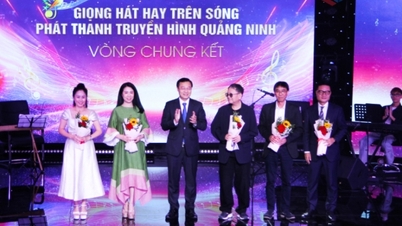

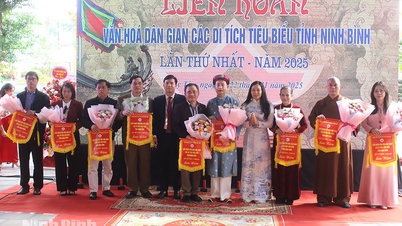

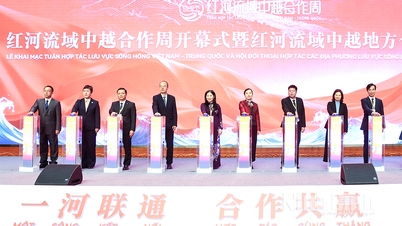
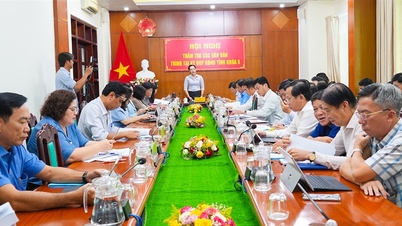




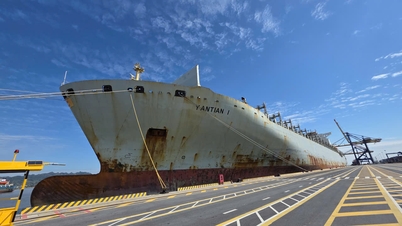
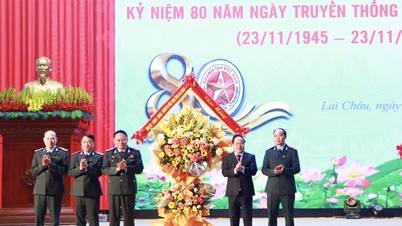
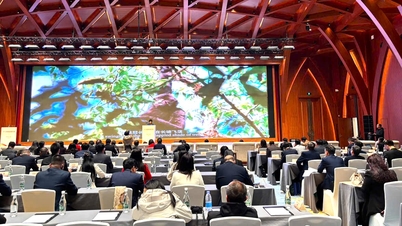

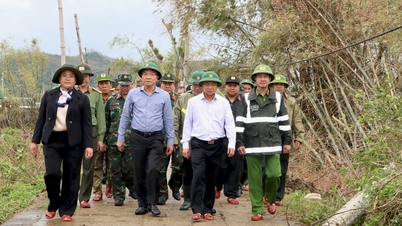
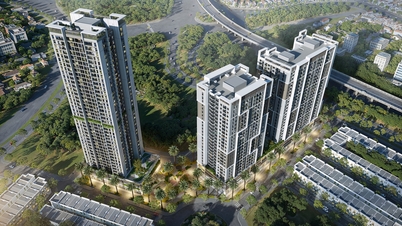











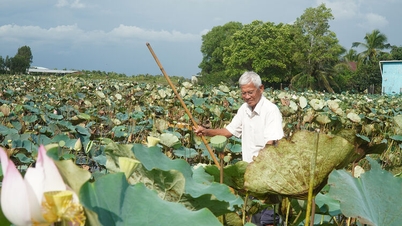

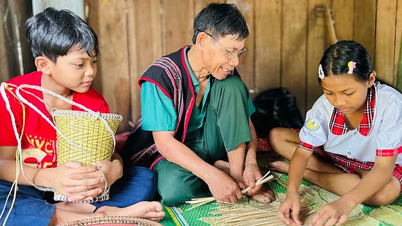
































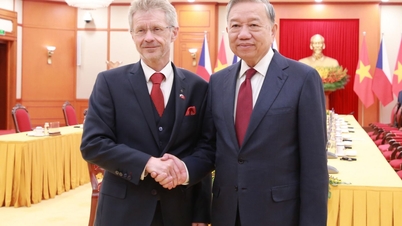



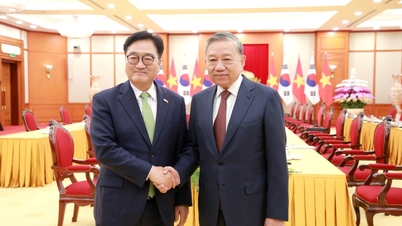
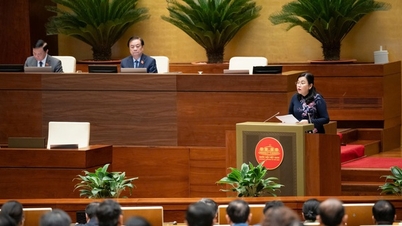


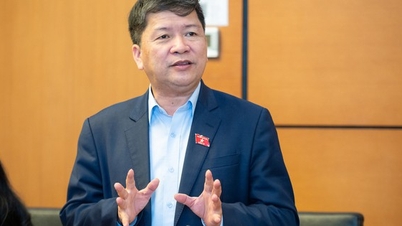
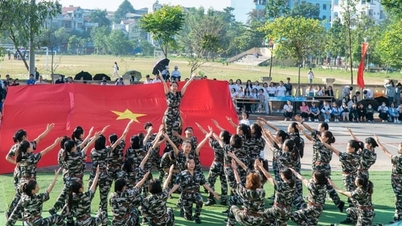

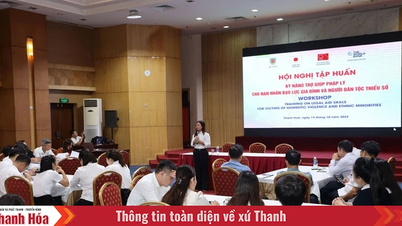

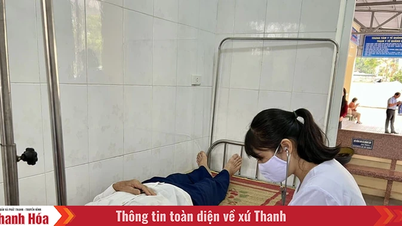



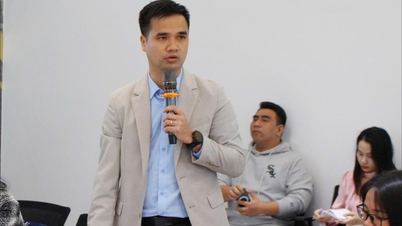















Comment (0)